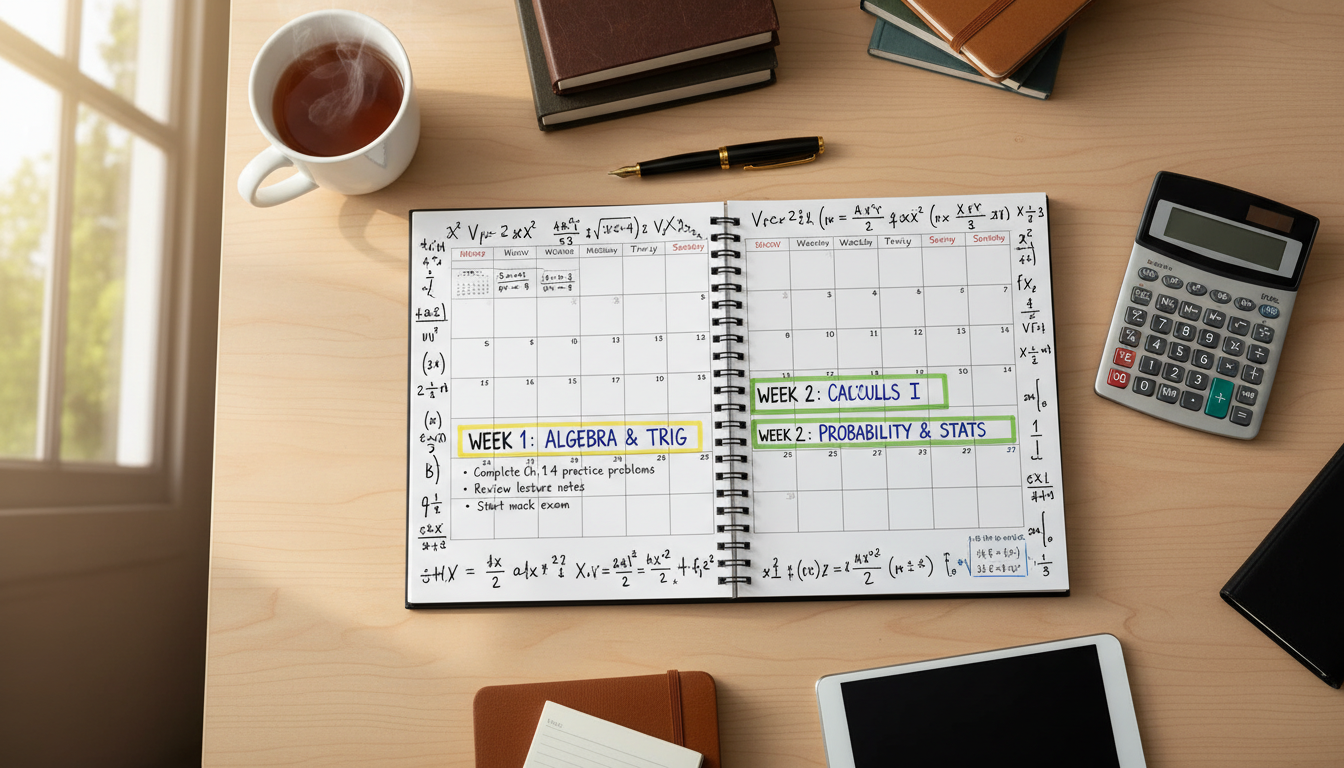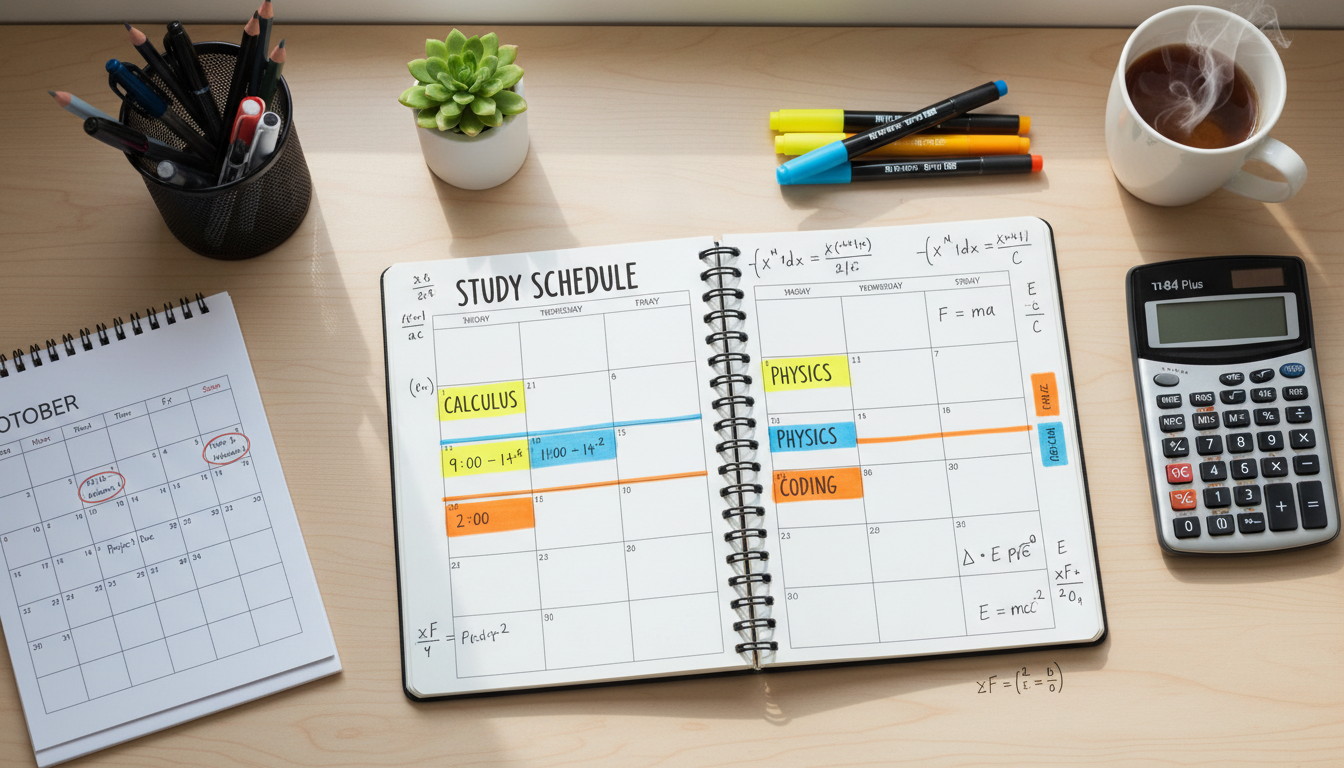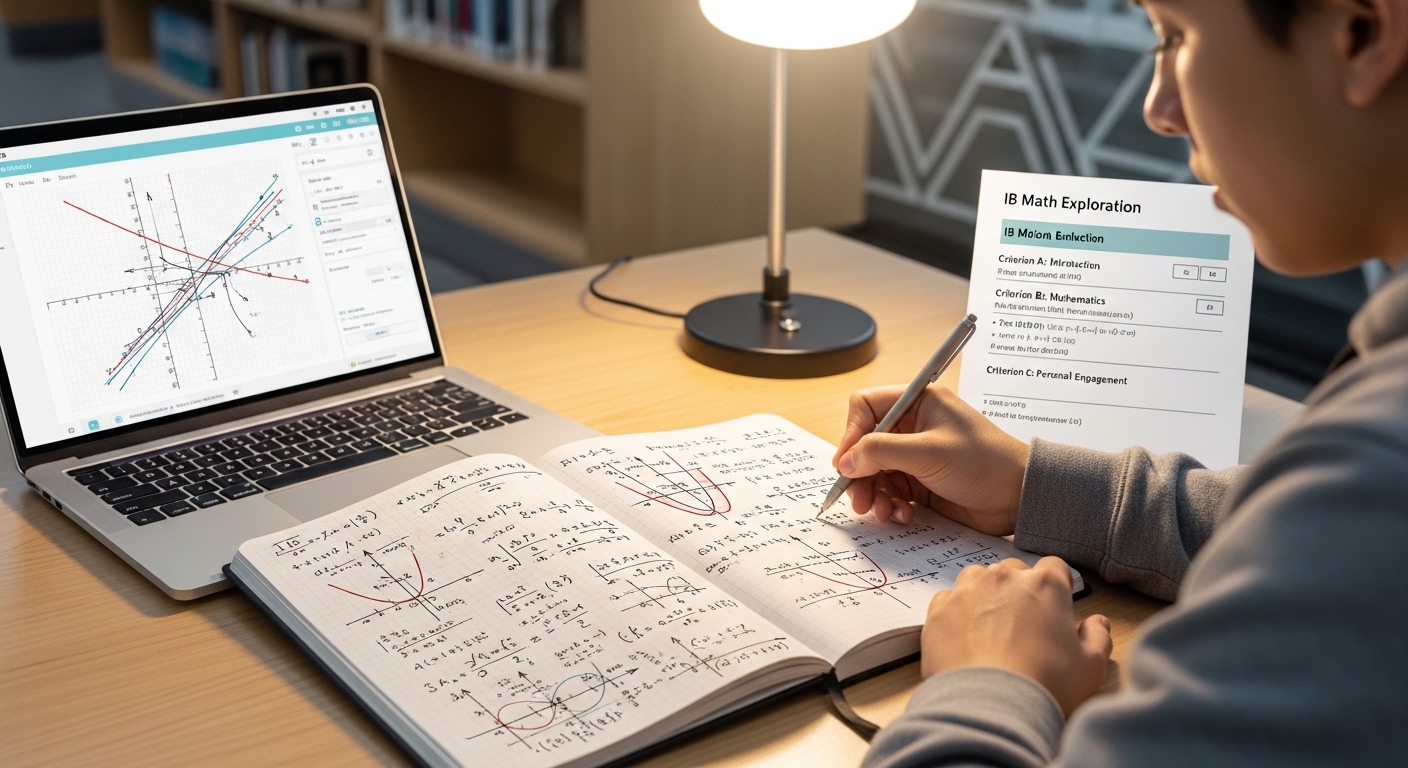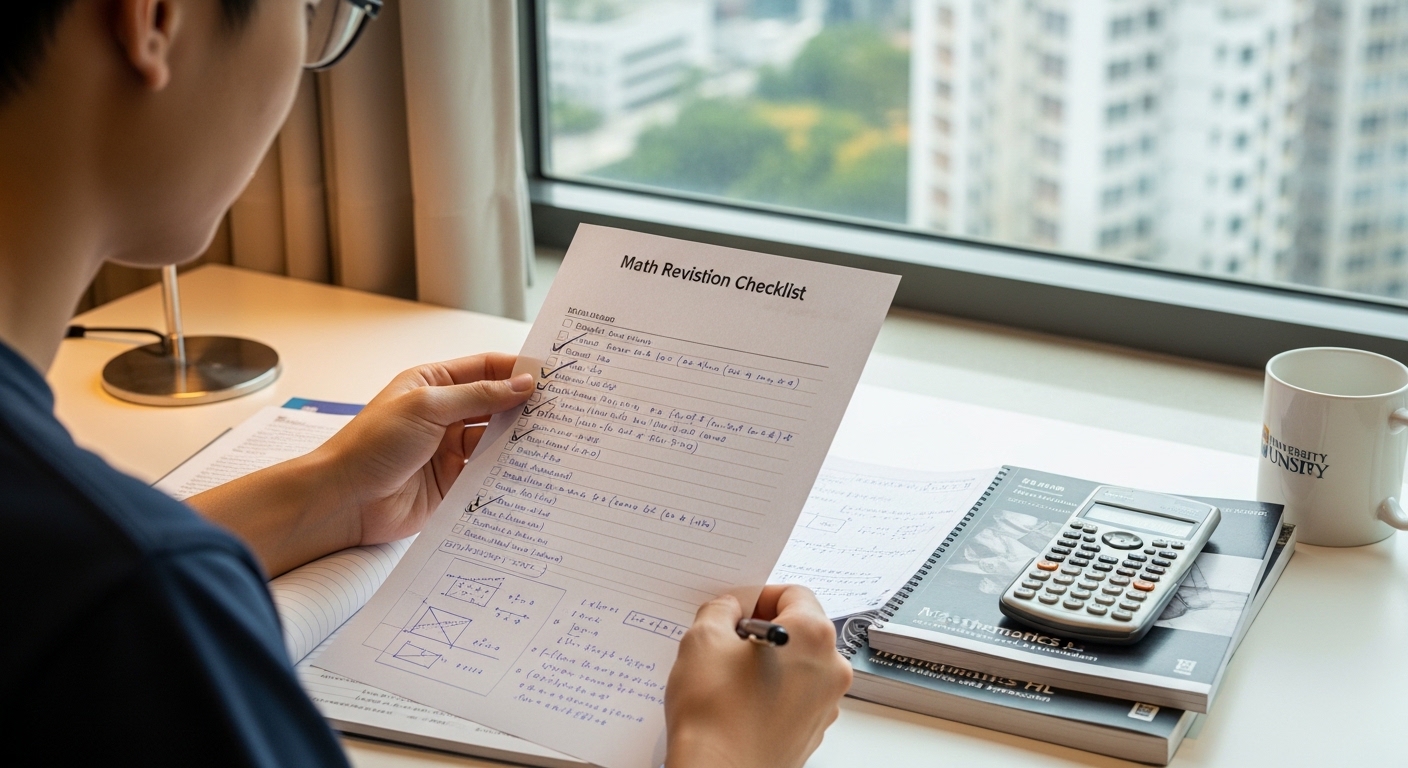How to Create an Effective GCSE Maths Revision Timetable
Preparing for your GCSE Maths revision timetable can often feel like a daunting task, but the key to managing your workload and reducing stress lies in a well-structured revision timetable. A strategic approach to revision ensures that you cover all topics, make the most of your study time, and avoid unnecessary last-minute cramming. In this blog, we’ll guide you through creating an effective GCSE Maths revision timetable that suits your needs and helps you study smarter, not harder.
Why Do You Need a Revision Timetable?
Having a structured revision plan is the foundation for success in GCSE maths revision timetable. Here are some key reasons why creating a revision timetable is crucial for effective exam preparation:
- Organization: A revision timetable keeps you on track, ensuring you cover all necessary topics without feeling overwhelmed.
- Time Management: By allocating specific times for each topic, you can avoid cramming and stay focused on what matters most.
- Motivation: Having a clear plan to follow gives you a sense of direction and purpose, helping you stay motivated throughout your revision journey.
- Balance: A good timetable balances study sessions with breaks, ensuring you avoid burnout and maintain productivity.

Steps to Create an Effective GCSE Maths Revision Timetable
Creating a personalized GCSE Maths revision timetable requires careful planning. Follow these steps to build a timetable that works for you:
1. Assess Your Current Situation
Before creating your revision timetable, evaluate your current knowledge level. Identify the topics you’re confident in and those that need more work.
Action Step:
- Review your notes, past exam papers, and any mock exams you’ve taken.
- Use a checklist to ensure you’ve covered all the required areas of the GCSE Maths syllabus.
2. Set Clear Goals
Setting clear and achievable goals is essential for a focused revision plan. These goals help you track progress and stay motivated.
Example Goals:
- Master algebraic equations by the end of the week.
- Complete two past papers before next Monday.
Action Step:
- Break down your goals into smaller, manageable tasks and prioritize them according to their importance and difficulty.

3. Allocate Time Wisely
Divide your available revision time according to the complexity of the topics. Focus more on difficult topics while ensuring that you revisit easier ones regularly.
Action Step:
- Use techniques like the Pomodoro Technique: study for 25 minutes, followed by a 5-minute break.
- Dedicate extra time to subjects that are more challenging (such as trigonometry or algebra).
Example:
4. Include Regular Breaks
Working nonstop can lead to burnout. To keep your mind fresh and focused, include regular breaks in your timetable.
Action Step:
- Take a 10-15 minute break after each hour of study.
- Include longer breaks for meals and relaxation.
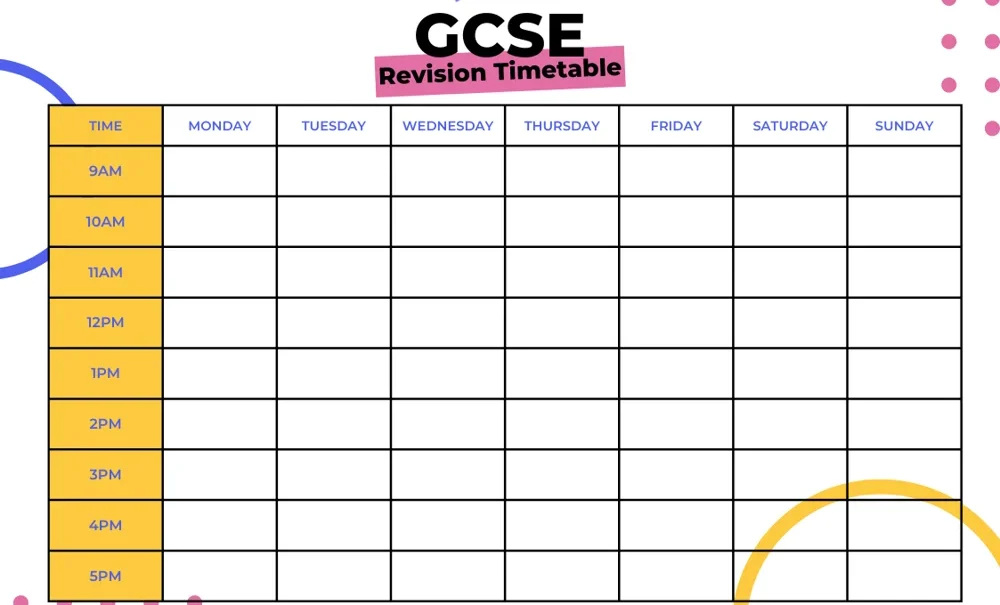
5. Mix Up Your Subjects
To avoid monotony and improve retention, alternate between different topics during your study sessions. Mix up reading, problem-solving, and practice exams to stay engaged.
Action Step:
- Alternate between challenging topics and those you’re more confident with.
- Use a combination of reading notes, completing practice questions, and watching video tutorials.
Example:
6. Use a Variety of Resources
To make your revision more engaging and effective, use different resources. This can help reinforce what you learn through various formats.
Action Step:
- Use textbooks, online tutorials, flashcards, and apps like MathZem.com.
- Incorporate interactive tools like virtual whiteboards and online quizzes.
Past papers are an essential part of your GCSE Maths revision, helping you familiarize yourself with the exam format and question styles.
Action Step:
- Include at least one full past paper in your timetable each week.
- Review your answers and focus on the areas where you lost marks.
8. Stay Flexible
Life can be unpredictable, so make sure your timetable has some flexibility. This ensures you can adapt in case of changes or unexpected events.
Action Step:
- Leave a few free slots to account for unforeseen circumstances or additional revision on topics that need more attention
9. Track Your Progress
Monitor your progress to ensure you stay on track with your goals. Tracking progress can also help you celebrate small victories along the way.
Action Step:
- Use a checklist or an app to track completed topics and tasks.
- Reward yourself for meeting milestones and mastering difficult topics
10. Seek Help When Needed
If you’re struggling with certain topics, don’t hesitate to seek help. Tutors can provide personalized guidance to help you overcome challenges.
Action Step:
- Visit MathZem.com to find an experienced tutor who can offer expert advice and guidance tailored to your needs.

Sample GCSE Maths Revision Timetable
Here’s a sample weekly timetable to help you get started. Customize it to fit your schedule and goals.
| Time | Monday | Tuesday | Wednesday | Thursday | Friday | Saturday | Sunday |
|---|---|---|---|---|---|---|---|
| 9:00-10:00 AM | Algebra | Geometry | Trigonometry | Algebra | Geometry | Past Paper | Break |
| 10:00-10:15 AM | Break | Break | Break | Break | Break | Break | Break |
| 10:15-11:15 AM | Trigonometry | Algebra | Geometry | Trigonometry | Algebra | Review Answers | Break |
| 11:15-11:30 AM | Break | Break | Break | Break | Break | Break | Break |
| 11:30-12:30 PM | Geometry | Trigonometry | Algebra | Geometry | Trigonometry | Break | Break |
| 12:30-1:30 PM | Lunch | Lunch | Lunch | Lunch | Lunch | Lunch | Lunch |
| 1:30-2:30 PM | Past Paper | Past Paper | Past Paper | Past Paper | Past Paper | Break | Break |
| 2:30-2:45 PM | Break | Break | Break | Break | Break | Break | Break |
| 2:45-3:45 PM | Review Answers | Review Answers | Review Answers | Review Answers | Review Answers | Break | Break |
| 3:45-4:00 PM | Break | Break | Break | Break | Break | Break | Break |
| 4:00-5:00 PM | Free Time | Free Time | Free Time | Free Time | Free Time | Free Time | Free Time |
FAQs About Revision Timetables
How early should I start my GCSE Maths revision?
- It’s recommended to start at least 3-6 months before the exam to ensure thorough preparation.
How many hours a day should I revise?
- Aim for 2-4 hours of focused revision per day, with regular breaks.
What if I fall behind my timetable?
- Adjust your timetable as needed, prioritizing essential topics to ensure you stay on track.
Can I include other subjects in my timetable?
- Yes, but ensure you allocate enough time for GCSE Maths to stay focused on exam preparation.
Final Thoughts
Creating an effective GCSE Maths revision timetable is one of the most important steps toward achieving success in your exams. By staying organized, setting clear goals, and using a variety of resources, you can optimize your revision and build your confidence. Make sure to include key topics like Direct and Inverse Proportion in your study plan to strengthen your understanding of mathematical relationships. Start planning today and set yourself up for success!
Take Control of Your GCSE Maths Revision Today!
Struggling to stay on track with your GCSE Maths revision? A well-structured revision timetable can make all the difference!
✔ Stay organized with a clear study plan
✔ Maximize your time with proven revision techniques
✔ Boost your confidence with expert guidance
📅 Start building your perfect revision schedule now!
🔗 Visit MathZem.com to access expert tutorials, practice questions, and top GCSE Maths tutors!

